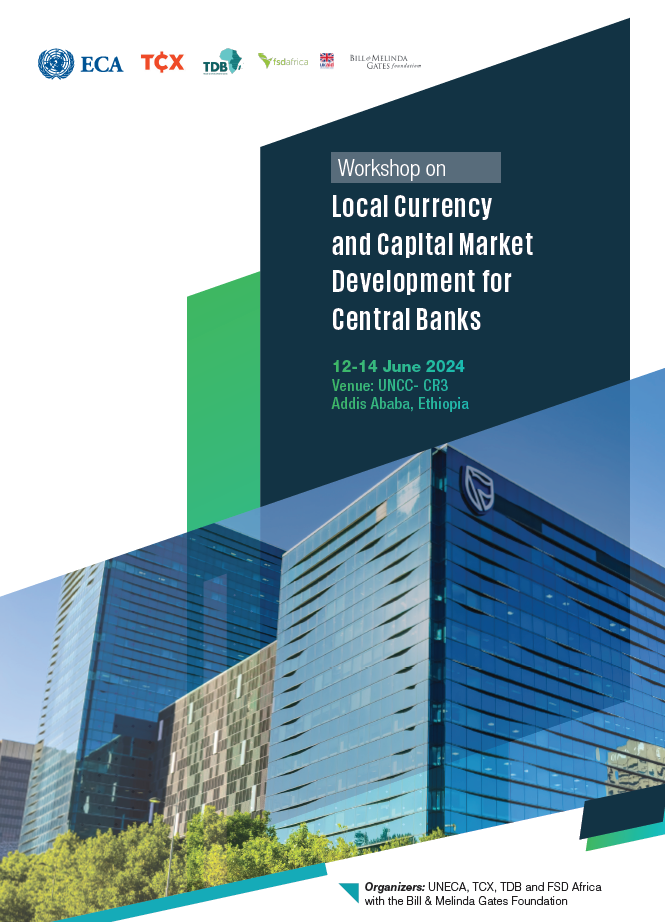
Access to finance has been identified as a key challenge to achieve the Sustainable Development Goals (SDGs) and fostering Africa’s economic development. While access to international capital markets remains difficult due to increased interest rates, it is essential for African countries to deepen their domestic financial markets. In particular, local currency financing and capital market development could significantly mitigate the impact of financial crises on the domestic economy and facilitate capital flow absorption.
By providing domestic channels for the deployment of large untapped savings in emerging markets, efficient local currency capital markets (LCCM) can smooth the absorption of large and volatile capital flows and facilitate global rebalancing. Recent financial crises, including those caused by the Coronavirus pandemic, have demonstrated that efficient LCCMs can strengthen financial resilience by mitigating currency risk, which is often a source of financial distress for emerging and developing economies. In particular, local currency bond markets (LCBMs) are integral to the development of a broader capital market, which allows risk to be priced appropriately, enables investors to better manage their portfolios and facilitates monetary policy transmission. These factors therefore contribute to countries’ long-term economic growth.
Regulatory authorities play a key role in financial markets, as they set risk-free rate of return, which has a large impact on financial assets, including bonds. In fact, monetary policy transmission mechanisms include not only traditional interest-rate and the real exchange rate channels, but also stock prices that affect investment through the cost of capital. Therefore, any effort aimed at developing local currency financing mechanisms and capital markets in Africa should target central bankers and strengthen their capacity.
Document
